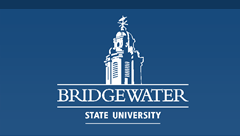
Abstract
Although the structure of Charlotte Perkins Gilman’s novel, Herland, mimics that of a captivity narrative, there has been no scholarship that analyzes how the work fits into this tradition. This paper addresses how the themes of the captivity narrative shift under the weight of Gilman’s scientific and social preoccupations as an early twentieth-century writer, as well as the novel’s position within the genre of utopian fiction. Despite the captivity narrative’s ability to provide ground for cultural and social exchange through the process of transculturation, Gilman’s evolutionary theories and the utopian genre’s anxieties about miscegenation prevent any transmission of culture. Unable to allow for the process of transculturation, the novel ultimately promotes a kind of cultural assimilation through the Herlanders’ colonial project. The result undermines Gilman’s feminist project and prevents the novel from being truly prescriptive in terms of social reform.
Rights Statement
Articles published in The Graduate Review are the property of the individual contributors and may not be reprinted, reformatted, repurposed or duplicated, without the contributor’s consent.
Recommended Citation
Gagnon, Rachel-Beth
(2017)
Assimilation and the Impossibility of Transculturation: Reading Herland as a Captivity Narrative.
The Graduate Review, 2, 59-70.
Available at: https://vc.bridgew.edu/grad_rev/vol2/iss1/17
